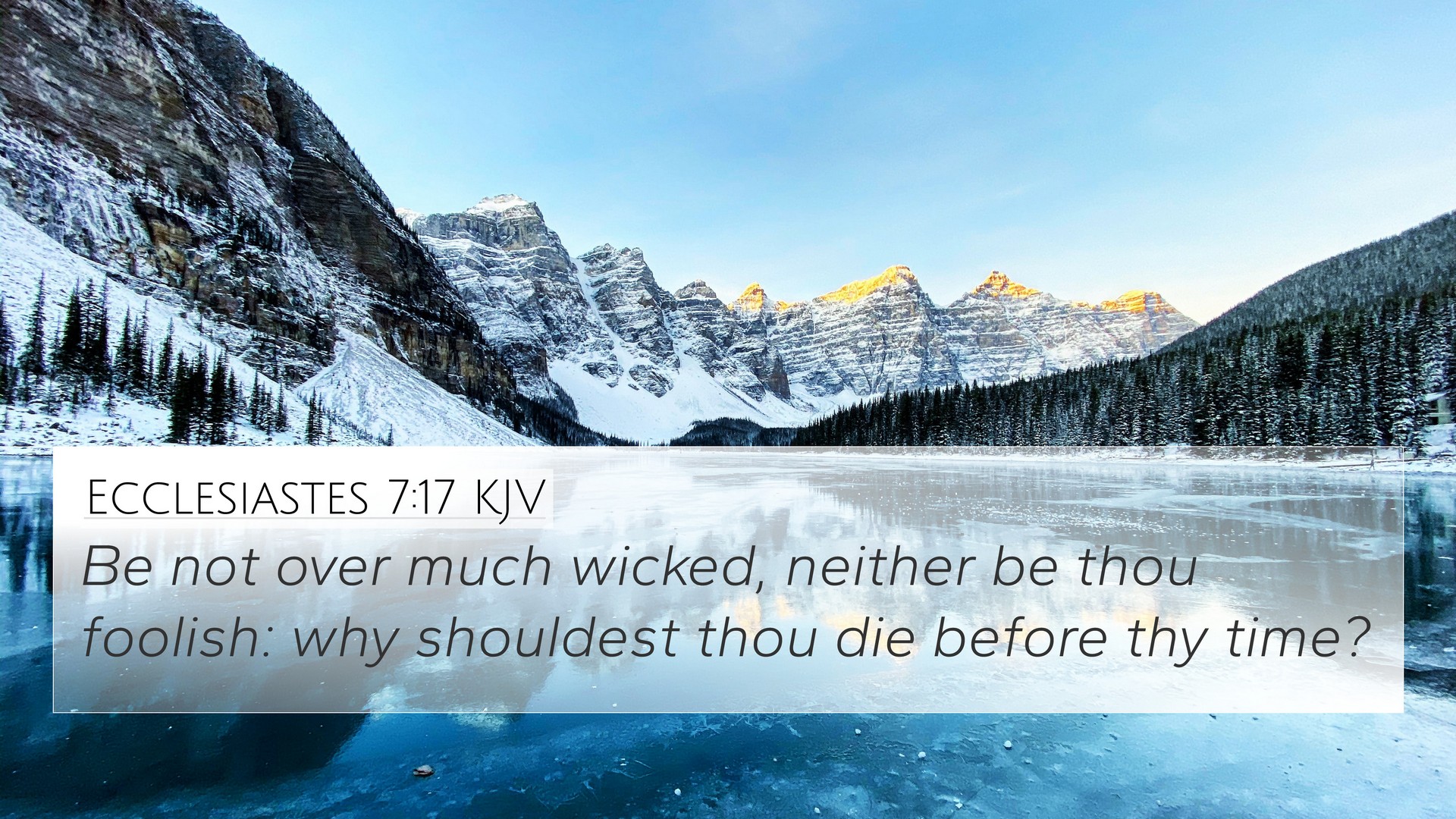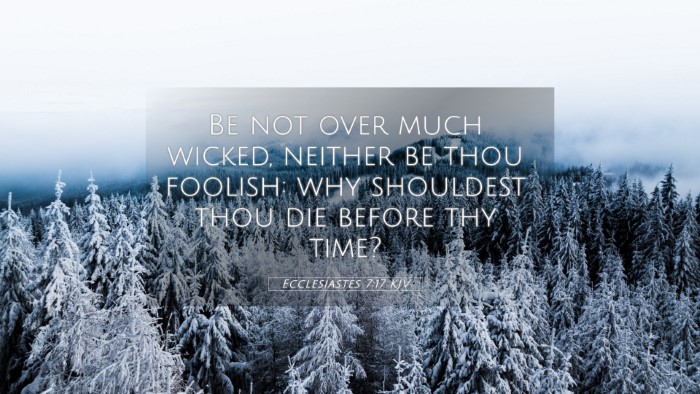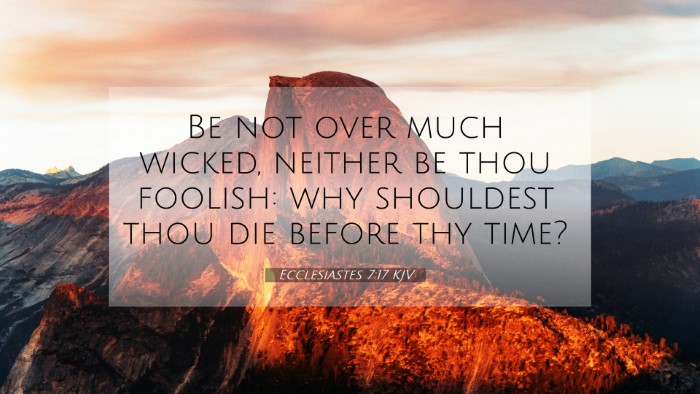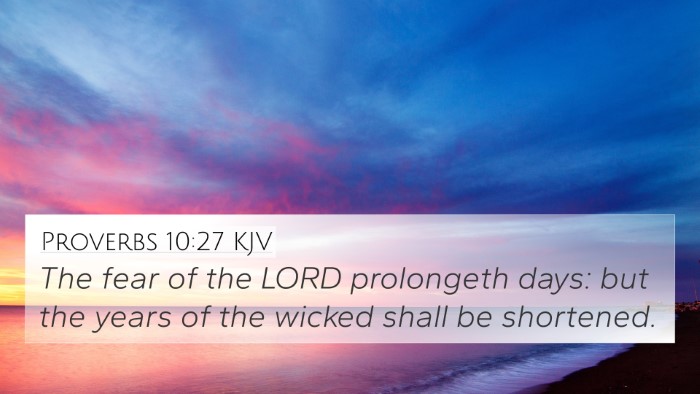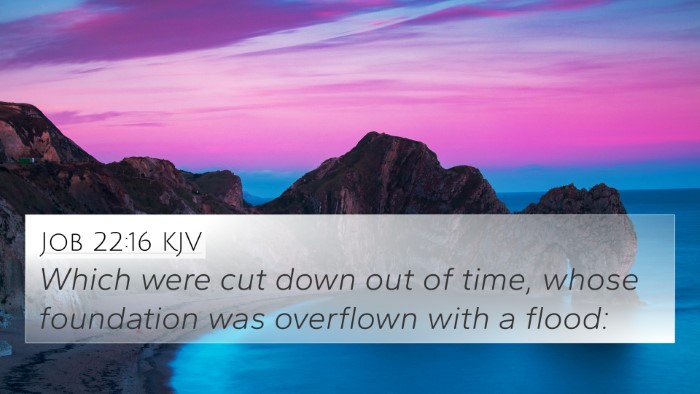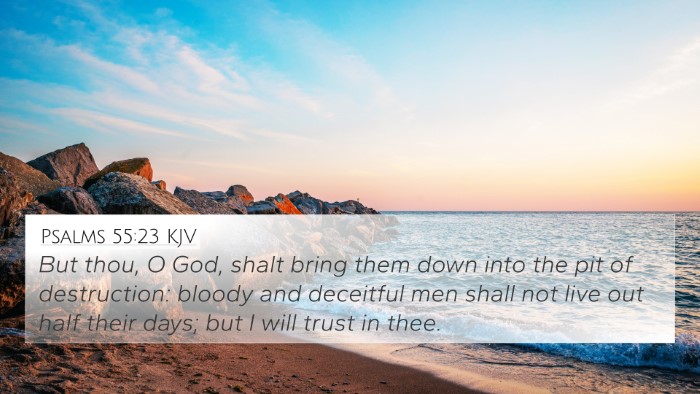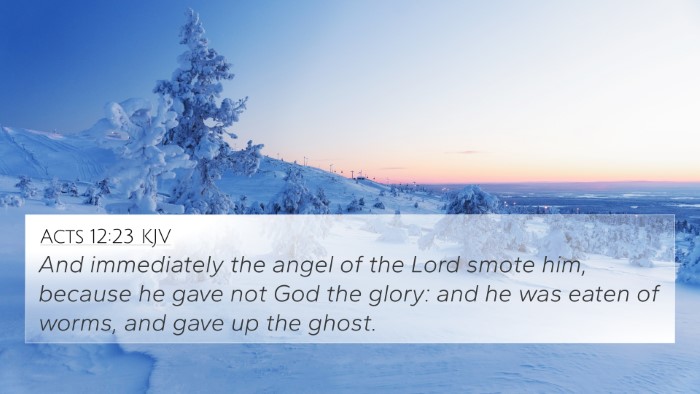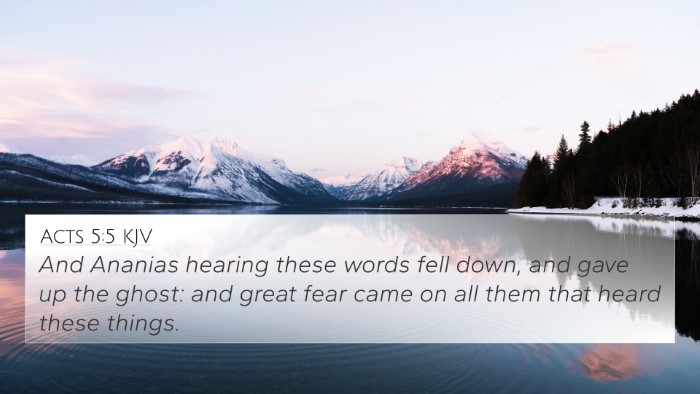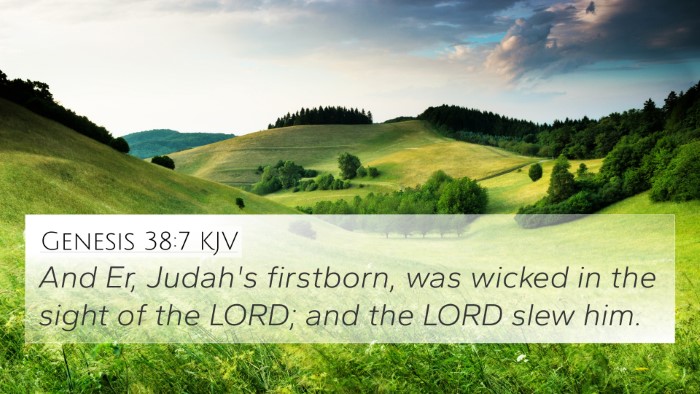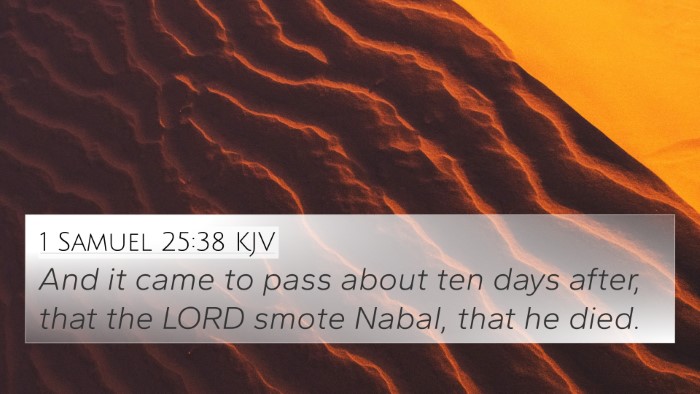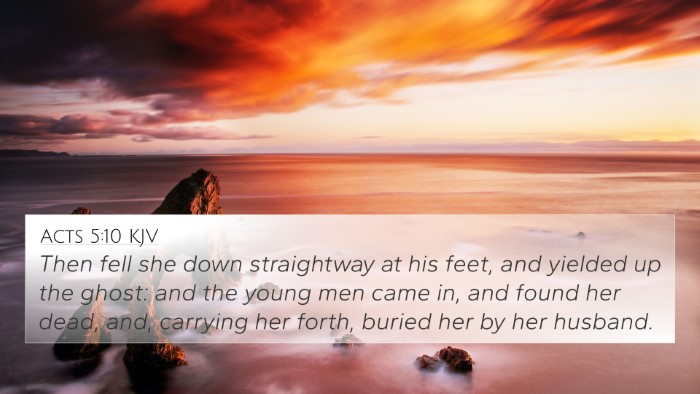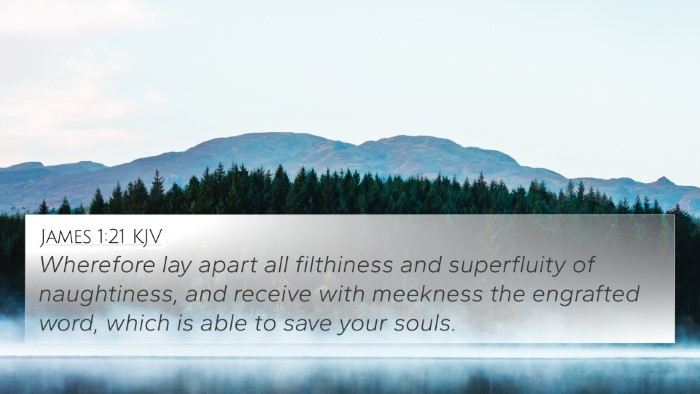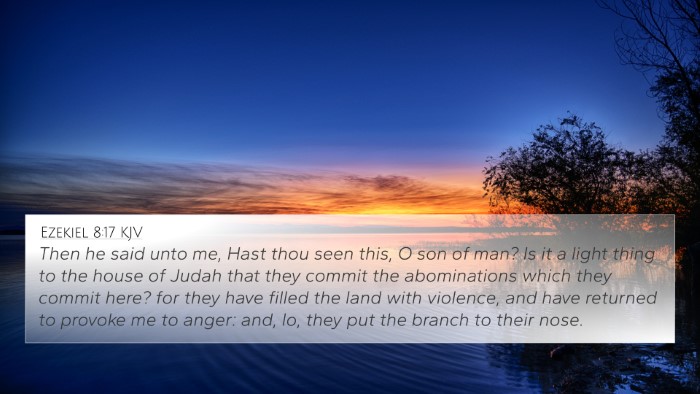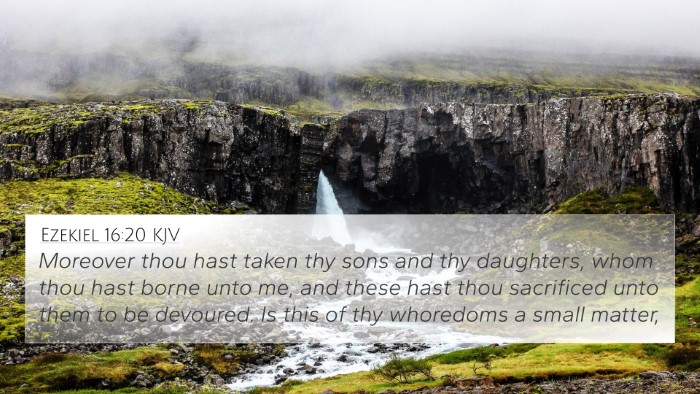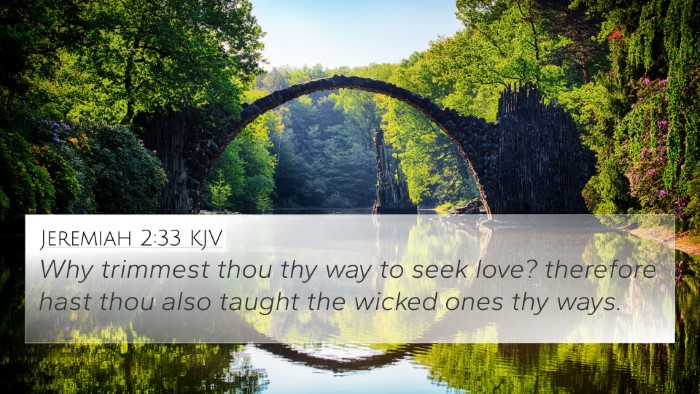Understanding Ecclesiastes 7:17
Ecclesiastes 7:17 teaches us about the balance between living wisely and the perils of excessive behavior, urging us not to adopt a fate or mindset that leads to destruction through foolishness or indulgence.
Verse Context
The context of Ecclesiastes revolves around the reflections of Qoheleth (the Preacher or Teacher), who explores the meaning of life, the folly of human pursuits, and the inevitability of mortality.
Verse Analysis
Ecclesiastes 7:17 states: “Be not overmuch wicked, neither be thou foolish: why shouldest thou die before thy time?” This verse can be unpacked through several themes:
-
Warning Against Excess: Both moral and foolish extremes can lead to consequences that are detrimental. Matthew Henry notes that this verse teaches moderation in both wickedness and folly.
-
The Dangers of Wickedness: Albert Barnes emphasizes the spiritual death that accompanies persistent sinful behavior, warning that it leads one away from God’s grace.
-
Foolishness as a Life Hazard: Adam Clarke points out that foolishness not only leads to poor decisions but can shorten one’s lifespan, echoing biblical teachings on wisdom and folly.
Thematic Connections
This verse draws thematic connections to various other biblical texts, illustrating the importance of wisdom and the dangers of rash living. Below are some notable cross-references:
- Proverbs 1:7 - “The fear of the LORD is the beginning of knowledge: but fools despise wisdom and instruction.”
- Proverbs 14:12 - “There is a way which seemeth right unto a man, but the end thereof are the ways of death.”
- Proverbs 4:7 - “Wisdom is the principal thing; therefore get wisdom: and with all thy getting get understanding.”
- Ecclesiastes 8:5 - “Whoso keepeth the commandment shall feel no evil thing: and a wise man's heart discerneth both time and judgment.”
- Ecclesiastes 6:12 - “For who knoweth what is good for man in this life, all the days of his vain life which he spendeth as a shadow?”
- James 1:5 - “If any of you lack wisdom, let him ask of God, that giveth to all men liberally, and upbraideth not; and it shall be given him.”
- Romans 6:23 - “For the wages of sin is death; but the gift of God is eternal life through Jesus Christ our Lord.”
Practical Applications
To apply the wisdom found in Ecclesiastes 7:17, one should consider the following:
- Seek moderation in all aspects of life, avoiding extreme behaviors that can lead to harm.
- Recognize the importance of wisdom and strive to cultivate it in daily actions.
- Acknowledge the potential consequences of living foolishly or excessively wicked.
Conclusion
In summary, Ecclesiastes 7:17 serves as a crucial reminder of the need for wisdom, moderation, and the avoidance of both wickedness and foolishness. It invites us to engage in thoughtful reflection on how our choices can lead to life or destruction, encouraging us to turn towards God for guidance and understanding.
